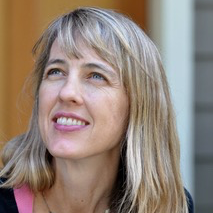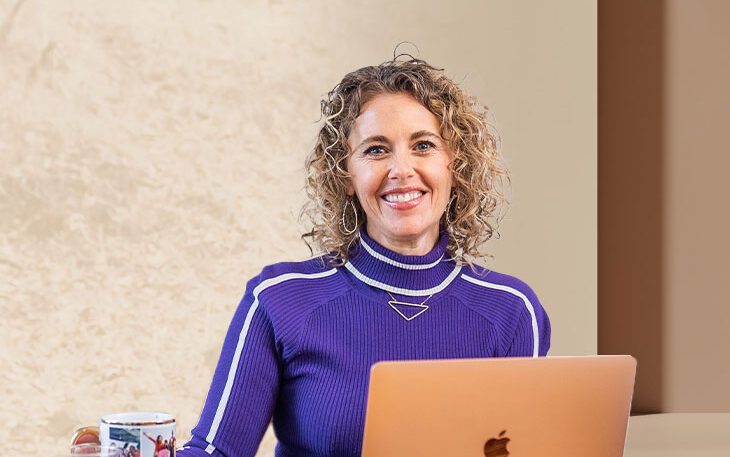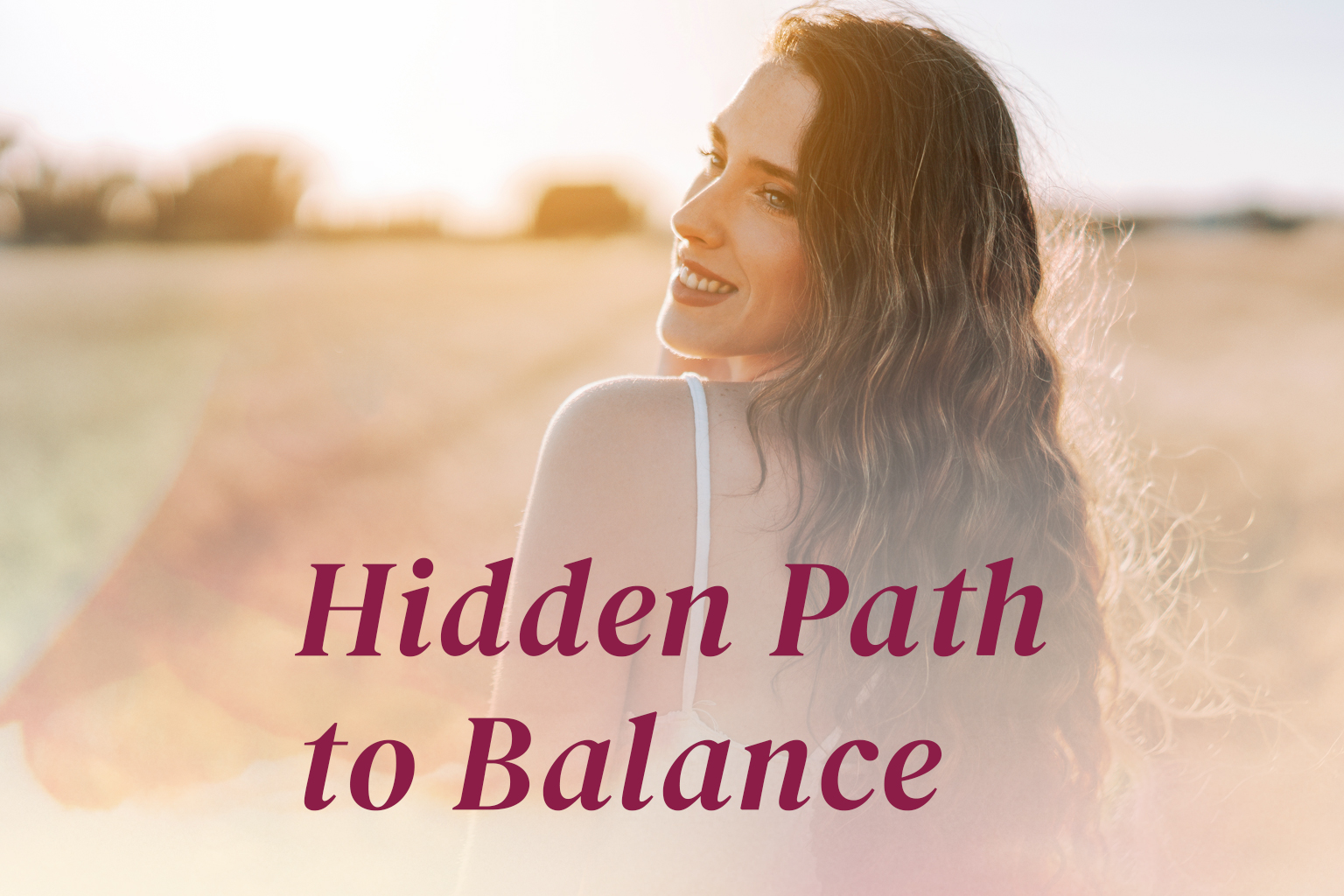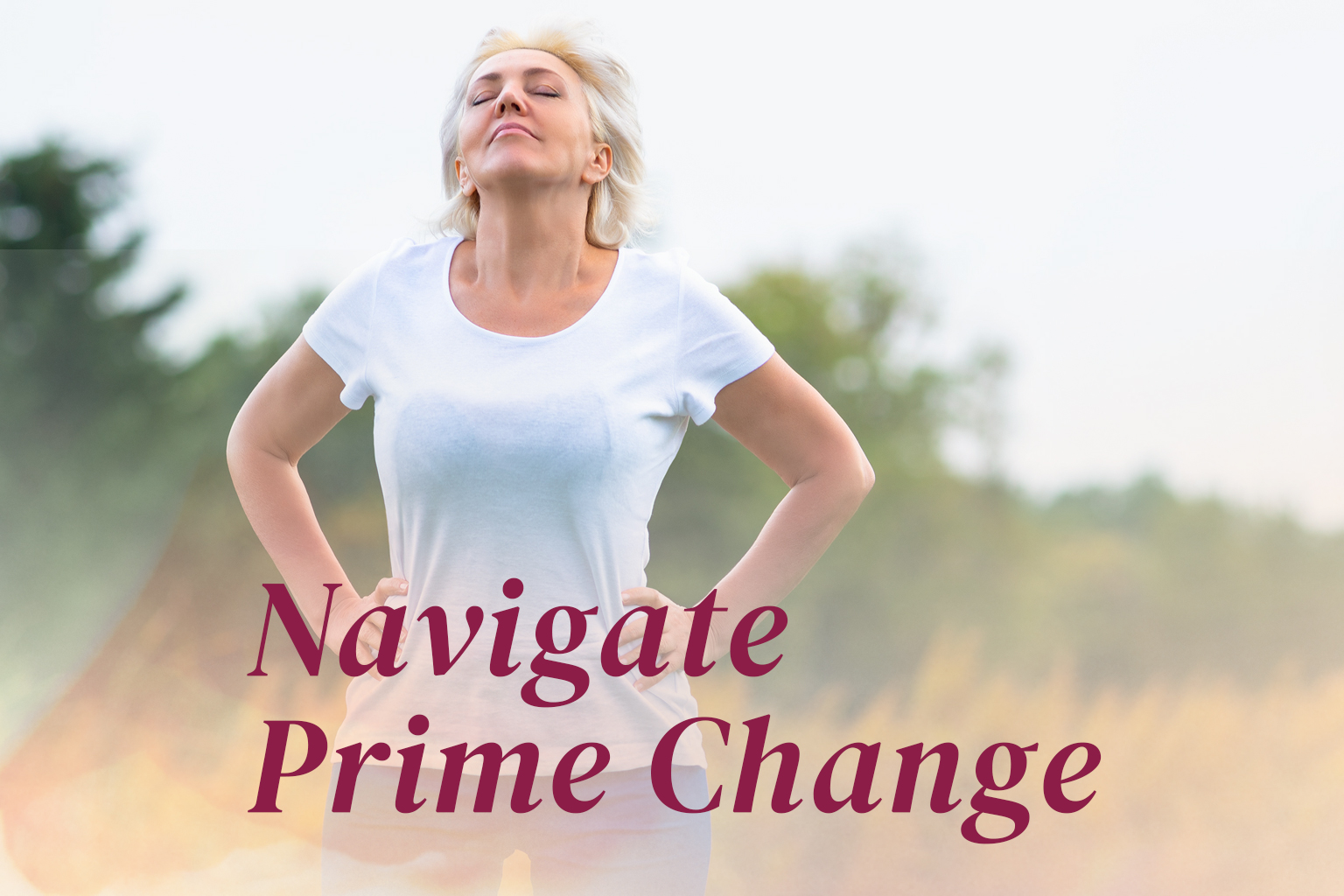“Outwardly, everything appears as it was before, this house, this husband, these children, yet I don’t know what I’m doing here and I don’t remember the woman who created all of this. Who was she and where did she go? Is she coming back?”
(Five Hours, p. 215)

“I just want to get back to my life,” I told my sister, who had called to check in. “I feel so lost!”
In January, my son Theo had been born with a rare genetic condition and died in my arms five hours later. Now it was spring, blossoms were budding on the fruit trees outside our bedroom window, my husband was back at work, our other boys were at school, the sympathy cards and letters were no longer arriving in the mail every day. Everyone was getting on with life, while I seemed to be getting more immobilized by grief every day. Actually, I was emerging from the shock of Theo’s emergency C-section birth, his stunning diagnosis, and death. So, in a strange way, I was feeling everything more, coming into my body again and realizing this was all actually true—my baby was gone and never coming back.
The energy returning to my thawing body had nowhere positive to go, I couldn’t harness it in any way I had in my previous life. I felt like a caged animal, pacing around our empty house feeling angry and alone, then collapsing in bed, unable to move for hours at a time. I’m glad I picked up the phone when my sister called, her voice a tiny light in a vast blackness.
“When am I going to be over this?” I asked her.
Her reply struck a deep chord: “What if this isn’t something you need to get over? I actually think this is big work you’re doing.”
Life didn’t set me up for disappointment…
Our culture rushes us through dark times and grief. The American ethic is about hard work and getting a lot done, burning the candle at both ends, having it all. Taking time to be quiet and contemplative is seen as unproductive, a derailment.
Don’t just sit there and brood, do something! Pull up your bootstraps, you got this!
Even with a background as a therapist, I longed to speed through the pain I was in. Surely I could find a workaround if I tried hard enough. The combination of these cultural influences and my particular upbringing didn’t prepare me to be patient or especially resilient.
I was raised in an affluent household with indulgent parents who didn’t have the heart to deny us kids anything they didn’t have to. I almost always got what I asked for and more: guinea pigs, puppies, trips to exotic places, tuition paid at any college I could get into, etc.. and just about anything I didn’t like could be changed.
I switched my bedrooms several times during childhood—even having my own was a luxury I took for granted, let alone being able to request a swap with one of my siblings or a spare room. I switched schools after a rough ninth grade year, thinking a new one would make me happier (it didn’t). I could change hairstyles, sports, hobbies at will. As I got older, I had enough of a financial cushion that I could move to a new place if the one I was in felt stifling and the grass seemed greener somewhere else. I could work part time, quit or change jobs if I didn’t like the one I had. In other words, there was not much I couldn’t change if I wanted to.
The weight of all the things we cannot change…
Not getting what we want is hard. I suppose even harder for me because I had so little practice growing up. So, the things I haven’t been able to change have unmoored me: the unreturned crush, the loss of pets, the pregnancy test that was positive when everything in me prayed it wouldn’t be, when the timing felt all wrong. And now, at age thirty six, this baby I had planned and did want, he was gone and I couldn’t change that. Of all the things we can’t change, death is perhaps the most uncompromising. We bargain with it, but it won’t budge.
My thinking was, “Well, if I can’t change it, the best I can do is forget about it and get back to the life I had before this happened.”
Just press the reset button.
As if this long year of pregnancy, terrifying childbirth, death of my newborn and aftermath could be erased, returning me to the person I had been—wife of an English naturopath raising two sons on a farm in Southern Oregon.
What if we gave away the baby clothes still on the shelf we had cleared out for him? What if we burned all the cards and letters? I’m almost back to my pre-pregnancy weight because I’ve had no appetite since January, so it wouldn’t be that tough, right?
Magical thinking, part of me knew.
How could I forget the way he felt those last months, pressed up against the right side of my abdomen? Those dark blue eyes, the broad chest? His sweet chirping noises, the tiny hands reaching for his brother? My heart blasted open, letting in the immense love I felt for everyone around me, especially this sweet baby.
How could I ever want to forget him, even if I could?
Acceptance of a new reality…
No, I was stuck in this new reality, unable to get around the grief or speed my way through it’s exhausting and unpredictable path, from numbed out paralysis one moment to sadness and rage so engulfing it didn’t seem survivable, the next.
Running all those huge emotions, interrupting my normal sleep and eating patterns, scrambling the routines that had made it easy to go through the usual motions; it made everything look strange, unfamiliar.
I was scared to drive anywhere by myself.
Things that used to seem amusing made no sense to me anymore—why do people shop for things they don’t need, why do they play sports, and how on earth do they have the energy for those things?
I hear a lot of grieving people say they feel they can’t keep up with others, or return to the pace they were used to. In those first months I felt like most of the world was playing in the waves at the surface of the ocean—laughing, tumbling, surfing, interacting, while I had dropped way, way down to the silent, still cold waters far below, barely moving, on life support, only faintly able to see and hear the muffled action up above, certainly not relating to what was going on at that level.
I found joining a grief group helpful because it brought me together with other people crawling through the long days and nights. I read a lot of grief memoirs, drinking in the sentences that reflected my own bewildered, out-of-time experience. I found writing helpful, a way of listening to myself, word by word. I’m glad I was able to take my journals from those days and turn them into Five Hours, a chronicle of the things I noticed in the slow-motion world at the bottom of that ocean of grief.
The journey to where I’m meant to be…
Re-reading the journey in my book, and reflecting on where I’ve found myself, my sister was right. I wasn’t behind schedule, failing to pull myself together. I wasn’t derailed from a life I could make my way back to. The work right in front of me, which I did, because I had to, breath by breath, was my path, leading me where I was meant to go.
Not where I’d planned. No. That reality is gone.
I’m not the exhausted, triumphant mother of three healthy boys I expected to be. I don’t have a thirteen year-old right now to adore and fret over, as I would had Theo lived. I still adore and fret over my other two, along with a beloved retriever mix who adopted me not long after Theo died and hasn’t left my side since.
But I’m no longer married to the father of my children as I’d expected to be for life, nor am I living on a farm. Lots has changed, and lots hasn’t.
Part of me feels exactly as I’ve always been—still a giggly, animal-loving little girl used to getting my way. And other parts have emerged in the crucible of loss, the me who is more patient, who can sit with a grieving parent because I’m comfortable at those quieter, darker depths where exquisite beauty hides in the shadows of great loss.
I’m grateful for what has brought me here, to a growing ability to hold paradox: the constant remembering and forgetting, the parts of us that remain and the new ones that are forged. Life keeps taking us where it will, regardless of what we want or don’t want, what we plan or don’t plan, what we can change and what we can’t change.

Lucinda Weatherby
Lucinda lives in Ashland, Oregon and spends most of her enjoying her large extended family and doing grief work with the help of her remarkable lab mix, Louie. Visit her website: www.fivehoursbook.com










